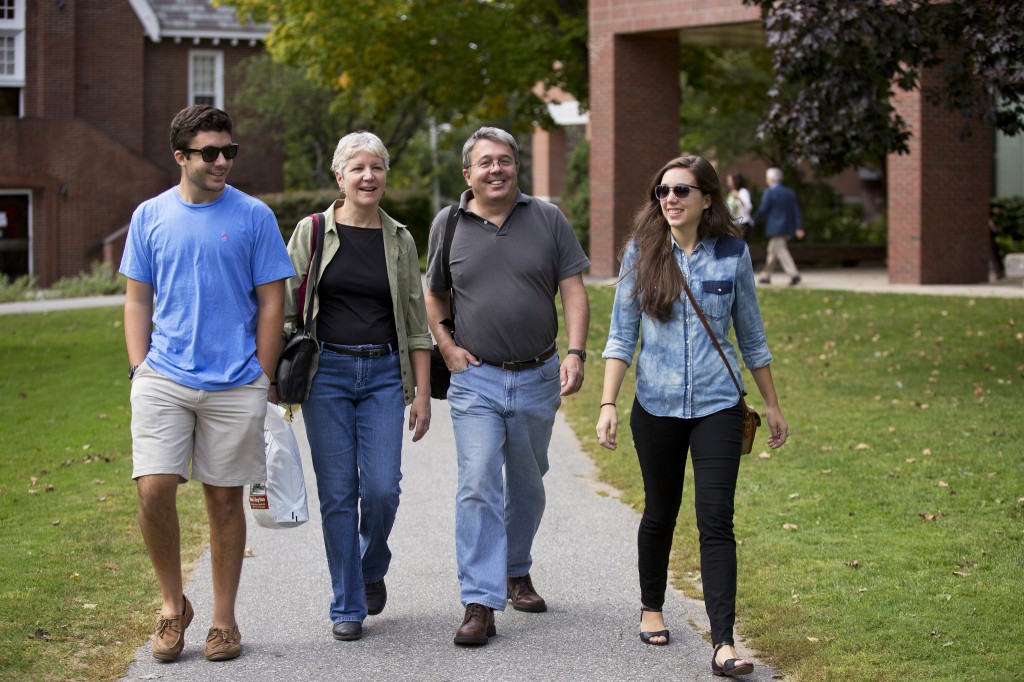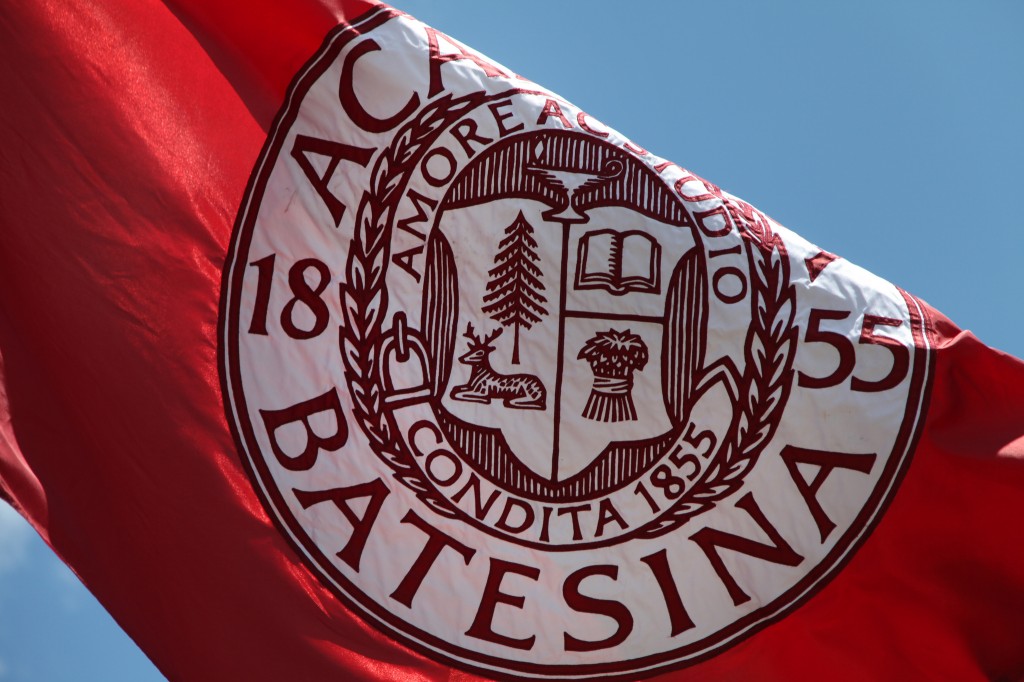Supporting Bates
Your gift to the college’s annual fund, known as the Bates Fund, provides an immediate impact for Bates students and faculty in all areas of the Bates experience—including financial aid, research, student life, athletics, the arts, and more. A gift to the Bates Fund is a vote of confidence in Bates and an investment in its future.
Every gift made to the Bates Fund counts — and every gift matters.

The Bates Fund
The Bates Fund is a critical measure of Bobcat pride. Every year, our donors provide vital support for quality academic, athletic, and co-curricular programs.

The Parents Fund
Parents are crucial partners in the college’s efforts to provide the best possible education to all students.

Ways to Give
There are many exciting Leadership Giving opportunities at Bates, including endowed funds, special initiatives and projects, and the Philips and Benjamin Bates Societies.

Your gift in action
See how Bates allocates all support for the college in our annual reports.
